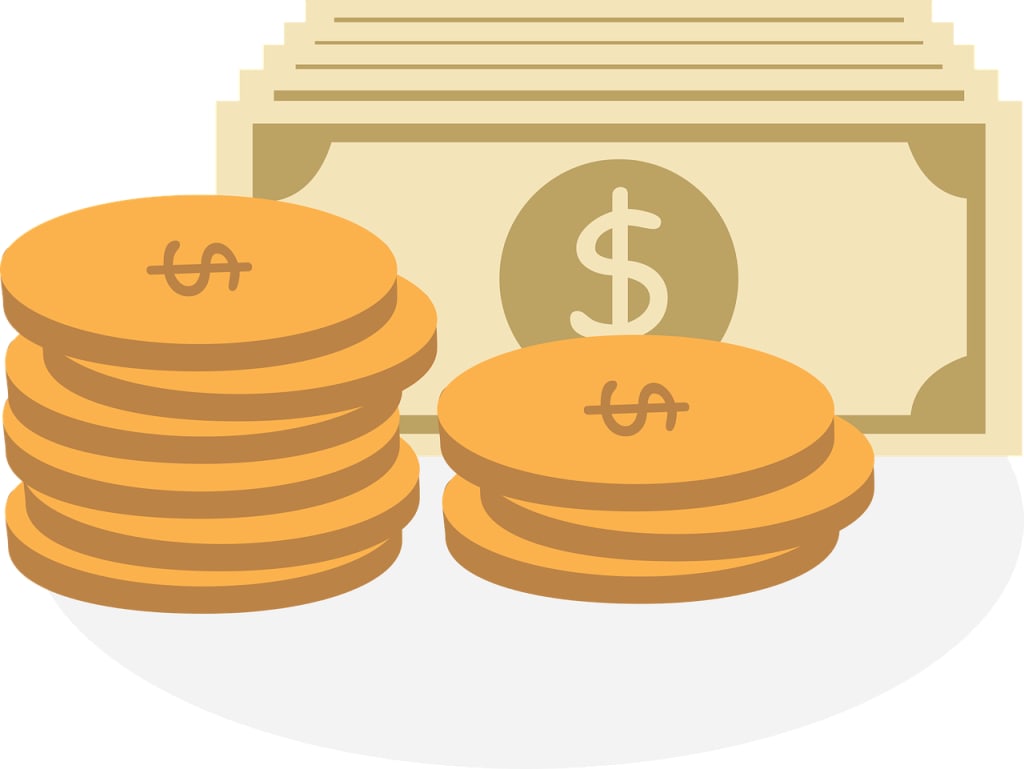
These four measures determine whether you are likely to be rich or poor over the long term. They are slightly different from what your average accountant will measure. That's because there's more to financial success than just your balance sheet. The points are outlined below.
Your net assets
An asset is something of value that you own. It is yours if the proceeds of its sale would go to you. A liability is something of value you owe to somebody else. Usually, a liability also becomes an expense in the form of interest payments.
Typical examples of an asset include a house, a share portfolio, cash in the bank, or a successful business. Typical examples of a liability include a mortgage, a credit card debt, or a personal loan.
Your net assets are the value of your assets if they were sold today, minus the value of your liabilities if they were called in today. The figure you get when you do this calculation is what's typically referred to as your wealth.
Your net income
This is the amount of money you have coming in over a year, minus your expenses over a year. Income includes things such as salaries, dividends, interest and business profits. Expenses include debt payments, bills, clothing, rent and anything else you spend money on that is to be consumed.
If you have more money going out in expenses than the income you receive, you will have negative net income. This is a situation many people find themselves in.
The amount of time you spend working
This is a measure of how many hours in a typical week you spend working in order to secure your income and your assets. Because work is generally understood to be something we'd rather not be doing if we didn't have to, it is a cost to us. Despite this, it isn't usually measured on a person's balance sheet as prepared by an accountant.
Examples of work include paid jobs, time spent running a business, time spent organizing paperwork to manage assets, and time spent on tax matters.
Your exposure to risk
This is a measure of how likely you are to lose your assets or your income. Often, people who appear very rich have done so at great financial risk. They soon find they are unable to sustain their assets or income in the face of such risk, and lose the lot.
A recent example of high risk wealth was that generated in the dot-com boom of the late 1990s. For many, such wealth disappeared as quickly as it was created.
The position you want to be in
Looking at these four factors, it's not difficult to determine what the ideal position to be in is. A truly financially successful person would have:
- High net assets
- High income
- A small amount of time spent working
- A low exposure to risk
The position most people are in
Unfortunately, most people find themselves at the opposite end of the scale. The average working person would probably look something like this:
- Low net assets - perhaps some equity in a house which is owned mostly by the bank and generates no income.
- Low or negative net income - probably earning a salary which never seems like enough and quickly evaporates into tax and debt.
- A large and growing amount of time spent working because...
- There's a large exposure to risk. If they lose their job, their mortgage and other debts will eat them alive.
Try to figure out honestly with yourself where you sit on the scale in each of these measures. Now you know where you want to be, look for your weak points and work on ways to improve them.






Comments
There are no comments for this story
Be the first to respond and start the conversation.